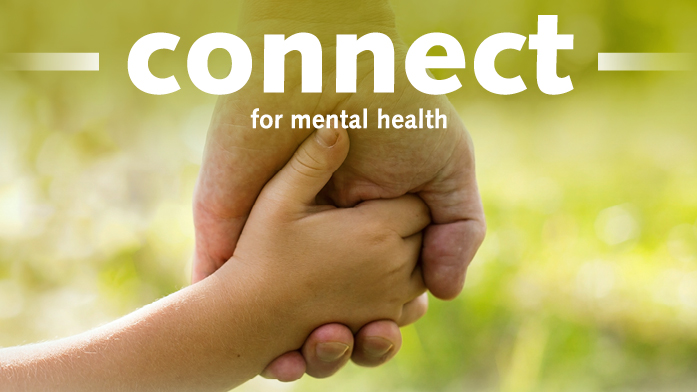Mental Health

Local Resources
If you think you might need help for mental health concerns:
Talk to your healthcare provider
For sliding scale counseling services:
Interface Children & Family Services
icfs.org
(805) 485-6114
City Impact
cityimpact.com
(805) 983-3636
Jewish Family Services
jfsvc.org
(805) 641-6565
California Lutheran University Community Counseling Centers
clucounseling.org
Oxnard - (805) 493-3059
Thousand Oaks - (805) 493-3390
Clinicas del Camino Real
clinicas.org
Oxnard, Santa Paula, Simi Valley, Thousand Oaks, Ventura
(805) 647-6353
See more at 211ventura.org/mental-health or call 2-1-1.
Deaf or hard of hearing services:
Tri-County GLAD
tcglad.org
TTY: 805-644-6323
VP: 805-256-1053
Voice: 805-644-6322
Email: info@tcglad.org
For assessment and referral:
Call the VCBH Mental Health Access Line at 1-866-998-2243
There is a program in Ventura County to help identify and get help for psychosis early. If you or someone you care about shows possible signs of psychosis (and is between 16-25 years old), call (805) 642-7033. The VICOP program is offered by Ventura County Behavioral Health in partnership with Telecare Corporation.
TAKING CARE OF YOUR MENTAL HEALTH IS AS IMPORTANT AS TAKING CARE OF YOUR PHYSICAL HEALTH
Mental illness can affect anyone, regardless of their cultural background, level of education, age, or income. It affects 1 in 4 adults and 1 in 10 children in the United States each year. Mental health problems includes depression, anxiety, and other serious mental disorders.Having a mental illness is not a matter of personal choice or weakness, but usually caused by an imbalance of chemicals in the brain. It can be inherited, caused by emotional or physical stress, or a combination. Mental health problems are diagnosable, treatable conditions.
DO YOU KNOW THE SYMPTOMS OF MENTAL ILLNESS?
We know that a high fever is a sign of physical illness. What are signs of mental illness? In general, the warning signs are major changes in a person’s feelings, thoughts, behavior, and how they interact with the world around them. One common sign is problems handling the tasks and challenges of everyday life. When daily life seems overwhelming and you can't handle everyday activities, it's best to seek help as soon as possible.
SEEKING PROFESSIONAL HELP
A lot of times, people don't get help for mental illness, often because they're embarassed about it or not sure what to do. When a person needs help with their mental health, they should get help as soon as possible, just like they would seek help immediately for any other health issue. When mental health issues are ignored, they can get worse and affect your thinking, communication, learning, emotional growth, resilience, and self-esteem.
There is a wide range of professional and community resources to choose from for mental health problems. In general, it is a good idea to seek professional help for a mental health problem when:
- A symptom does not get better on its own
- A symptom becomes severe
- A symptom does not respond to self-care or help from family or friends
- Symptoms become numerous and affect all areas of your life
If you are thinking about hurting yourself or someone else, get help immediately.
